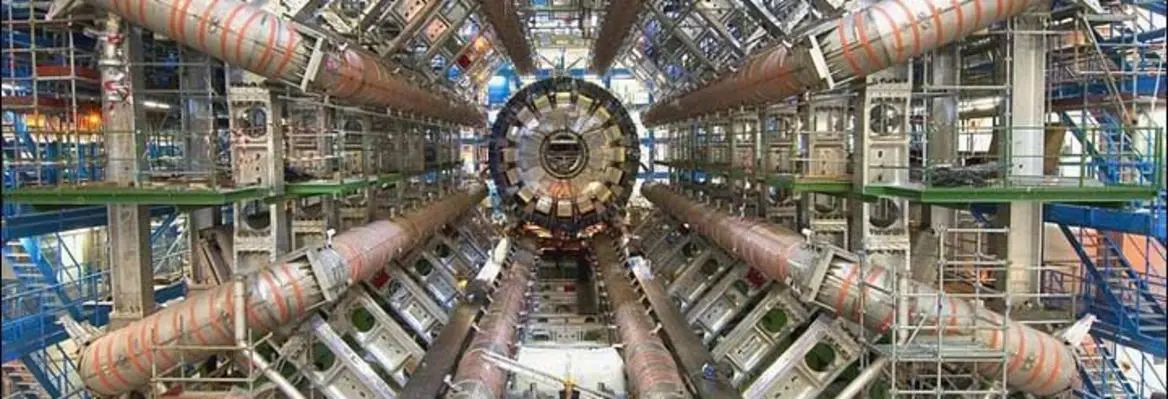Monday 29th September is an important date in the world of particle physics. For on this day in 1954, the convention was ratified that founded CERN (French for Conseil Européen pour la Recherche Nucléaire). Over the course of the last 60 years, CERN has become one of the most famous and best-funded science organisations on the planet: its 2014 budget is somewhere in the region of £786 million. It is also the birthplace, incidentally, of the World Wide Web.
The most publicised discovery was, of course, that of the Higgs boson by scientists working at CERN's Large Hadron Collider (LHC). Now, less than year before the LHC restarts in April 2015, pressure is rising on the scientists at CERN’s vast underground science facility on the outskirts of Geneva. With little conclusive evidence yet found for supersymmetry, what if the Higgs boson was the high point? Will the LHC have proved an expensive white elephant?
For theoretical physicist John Ellis this is what makes it exciting. “It’s just great to have a feeling that new knowledge about nature is emerging and that this is the place where the information is coming out. It’s like sitting on top of a volcano.”
But this is not a new experience for Ellis, who has been at CERN since 1978. He started off as a postdoctoral researcher then becoming head of the theory division for six years before working on relations with non-member states. “For me personally,” he says, “it’s been fantastically fulfilling.” Ellis’s research has focused primarily on particle physics – especially with regards to direct experimentation – until he retired in 2011. His retirement, though, is “purely formal”: he is still a visiting professor at CERN, and is working on a research project that’s shared between CERN and King’s College London, where Ellis is currently Clerk Maxwell Professor of Theoretical Physics. In 2012 he was also appointed Commander of the Order of the British Empire (CBE).
Beyond the Higgs boson



















Join the conversation